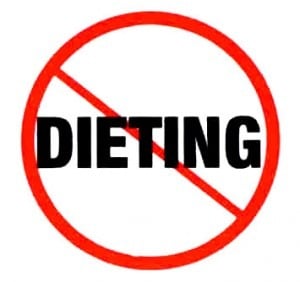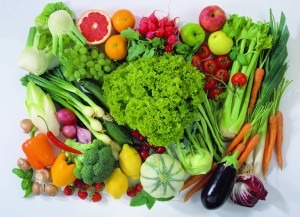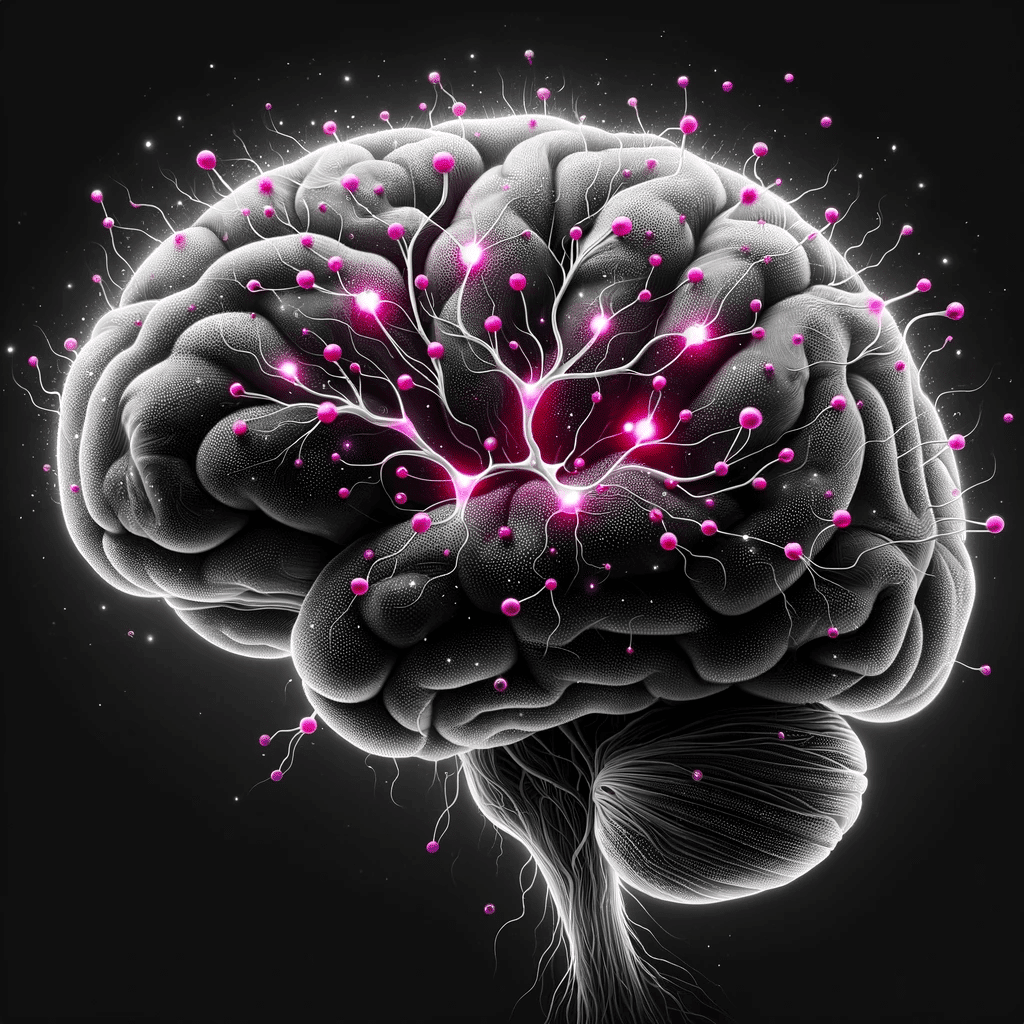I recently picked up a vegan Ahisma diet with tweaks. Keep in mind that I practice yoga every day, so I eat more than someone at rest (approx 4K to 4,500 calories per day). My resting recommended daily caloric intake is 1767 calories, which I learned from a BMI test.
The rules:
- No red meat
- Little chicken and turkey
- Attempt for no cheese
- No additive sugar (natural sugar, like coconut water, is fine)
- Farm Fresh eggs only
- Avoid grains except quinoia, rice, some lentils and bean
- Avoid non-organic
- Fresh fish
- 5 smaller meals a day
- 5-7 liters of water a day (2-3 gallons)
- Eat what makes you happy, chocolate, peanuts, juices, smoothies
Here are the reasons why:
- It helps me to deepen my yoga practice and deepen my mediations because I am eating cleanly and very consciously. This allows me to focus on other sensations while I practice. The body can distract the mind and the body really allows for clearness in the mind. Conscious eating was my first step along this road and included what I could find of organic meats and dairy, and increasing the amount of vegetables and fruits to over half of my diet. Once I became semi-Vegan, my entire yoga practice changed.
- Discipline is an important part of my life and I believe that eating is an intensely spiritual experience. Some of my best family memories are over dinner, or sharing a unique and gratifying meal so I believe in discipline and exception celebration, simultaneously.
- I believe that people don’t really need to eat much meat as it has such enormous amounts of energy, too many heavy minerals for the human body to digest as regularly as it consumed in America. I talk about this more in the evolutionary nutrition principles.
- Weight is unimportant, feeling is everything
If you are looking to switch up a diet, here are some my own rules for eating healthy:
- Find Raw food groups that YOU like. This means spending more time in the produce aisle and picking out legumes, leafy vegetables, and fruit that you want to eat every day. Avocados are awesome. So are raisins and cranberries.
- Don’t cook everything. Raw food has enzymes, probiotic bacterium, and nutritional value that can be lost when cooked.
- Balance cooking with raw, both are necessary for optimal nutrition.
- Buy ORGANIC. This is pretty big for me. I see the word ‘natural’ in every grocery store I have been in since forever and it’s just such a joke. Of course its a natural food, it came from the Earth, from NATURE. Organic means that there were no herbicides, pesticides, or genetic modifications of the soil or product in the last 3 years. It has to be approved by the FDA. It means something, and its important if you want the best fuel for your body. Over time, you will start to taste the difference in your food, organic produce is well-known for superior taste, though it goes bad faster as well.
- Stop worrying about what you weigh. If you feel your best, even if its heavier, or less muscular than your ideal imaginative figure then you probably look good. Maybe we just need to adjust our own perspective on these ridiculous ideals our society creates for us.
- Eat what feels good. Your mind and body naturally want to balance themselves. Listen for what you crave, desire, and need then figure out which is which.
- Scientifically observe your body, evaluate, then make adjustments. Observation is key here, knowing that you ate a whole chocolate bar is not as important as understanding why the craving occurs. Is it completely mental? Is part of it a physical thing, like you body is out of energy? Does chocolate make you happy? If so, then maybe you should make some space for it in your diet. The key is to be honest with yourself so that you can most accurately review the results.
My rules for eating Ahismatically (non-harm to your self and those around you):
- Try to avoid meat, maybe small quantities of dark meats and as much chicken as your body needs
- Eat to feel and be happy
- Eat in balance
- Pay attention to what your body wants. listen.
- Eat seasonal vegetables
- Avoid preservatives, non-organic foods, and unnatural sugars
- Put love into what you cook, it matters
Evolutionary Nutritional Concepts:
The idea behind eating what was evolutionarily compatible with our bodies is that the human body evolved to optimally consume certain foods. This means that optimal diets should be constructed around how humans evolved, to ensure that our bodies get optimal nutrition.
- The diet that was available to humans while we evolved is no longer available. The “Paleo diet” is another example of a consumerist falsity that can be extremely unhealthy if continued over a long period of time.
- Meat was scarce when men lived in caves and farms did not exist.
- Fruits, berries, nuts, roots, leafy vegetables, vine vegetables, and fish were likely the dietary staples of a caveman.
- Walking, hiking, light running, foraging, hunting, and removing large obstacles were likely the daily activities of cavemen.
- Smaller meals 5 or 6 times a day were likely the norm, as cavemen would probably eat in small amounts when they found a food source
- Water is where we come from, and it is what we are made of. Drink lots of it, one glass a day will lead to things like colon cancer and problems in the gastrointestinal tract.
- Vegetables and fruit were most likely the vast majority of a caveman’s diet.
- Livestock did not exist before 10,000 years ago! Eat only if necessary. The human digestive system does not like dairy, avoid it!
- Fish was a dietary staple and if you look at the life expectancies in Japan, you can see why. It’s amazing for your heart, stomach, and brain.










